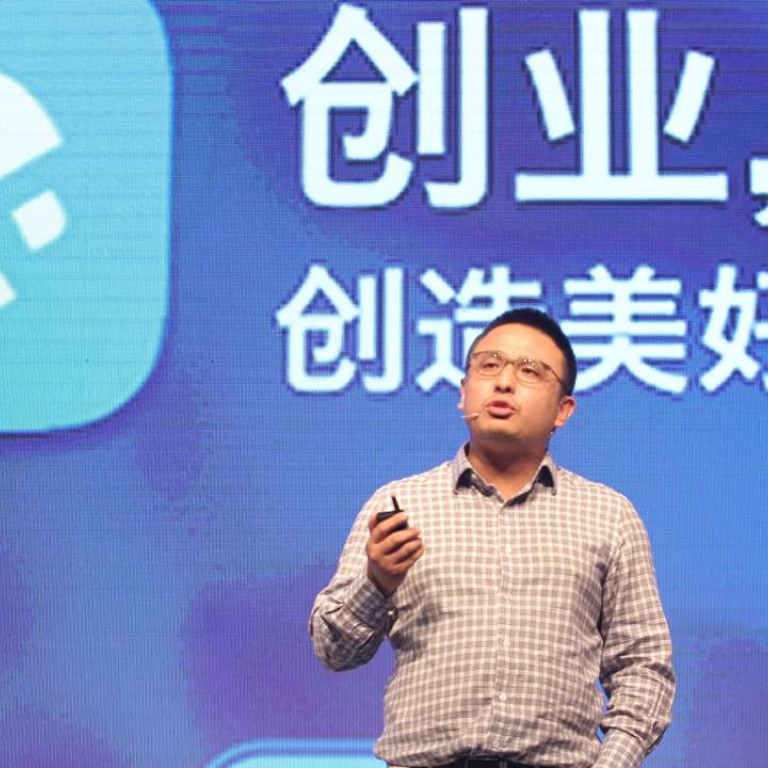
New | Food delivery platform Ele.me hopes to expand overseas
internet food delivery platforms in China considers expanding into cities like Hong Kong and Singapore
Ele.me, one of the major internet food delivery platforms in China, said it will consider investing overseas, including in Hong Kong, once it strengthens its domestic market position.
Ele.me’s founder and chief executive officer Zhang Xuhao said only about 5 per cent of China’s population have used online food delivery services, suggesting that there is huge potential as more consumers take to online services,
“The Chinese mainland remains our target market and we will consider overseas markets after the penetration in China reaches 20 per cent,” Zhang told media during the Boao Asia Forum in Hainan.
Asia Pacific markets, such as Hong Kong, Taiwan and Singapore, will become Ele.me’s main focus when its overseas expansion gets underway. But Zhang added that the expansion plan will be delayed due to the complexity of the business which involves working with various parties from food suppliers to delivery services.
The Chinese online food delivery industry is currently dominated by three players, Meituan Waimai with a 40.7 per cent stake, while Ele.me (餓了麼) and Baidu Waimai represent stakes of 35 per cent and 18.4 per cent respectively as of the fourth quarter of 2016, according to an iiMedia Research report released in March.
Last year China’s online food delivery market reached 166.2 billion yuan (US$24.18 billion) in terms of gross merchandise volume, up 33 per cent from 2015, and almost 8 times to the size of 21.6 billion yuan registered in 2011.
But the growth rate is expected to slow, according to iiMedia Research, which forecast that the sector will expand 23.1 per cent in 2017, and 18 per cent in 2018.
Unlike earlier times when food delivery apps were spending heavily to subsidise consumers in a race to acquire users, these days mobile app platforms are less generous.
Ele.me no longer provides any incentives to half of its orders, Zhang said, adding that the average for those that do receive subsidies has fallen to 1 or 2 yuan. Ele.me raised US$1.25 billion from Alibaba Group Holding and its internet finance arm Ant Financial in April, 2016. Alibaba is the owner of the South China Morning Post.
In the meanwhile, the average price of Ele.me orders have increased to 40 yuan.
“If we are able to earn 1 yuan from each order in the future, daily income is already very considerable,” said Zhang.
He added that the company was confident daily orders on its platform would soon reach 15 million to 20 million from the current 10 million.
Zhang remained silent on the company’s plans for an initial public offer, saying that investors are confident of its business prospects.

